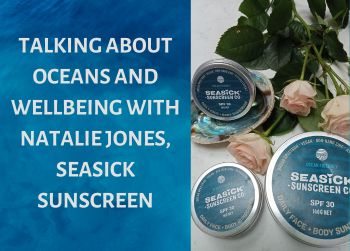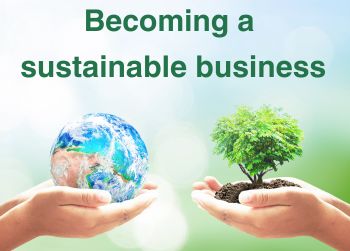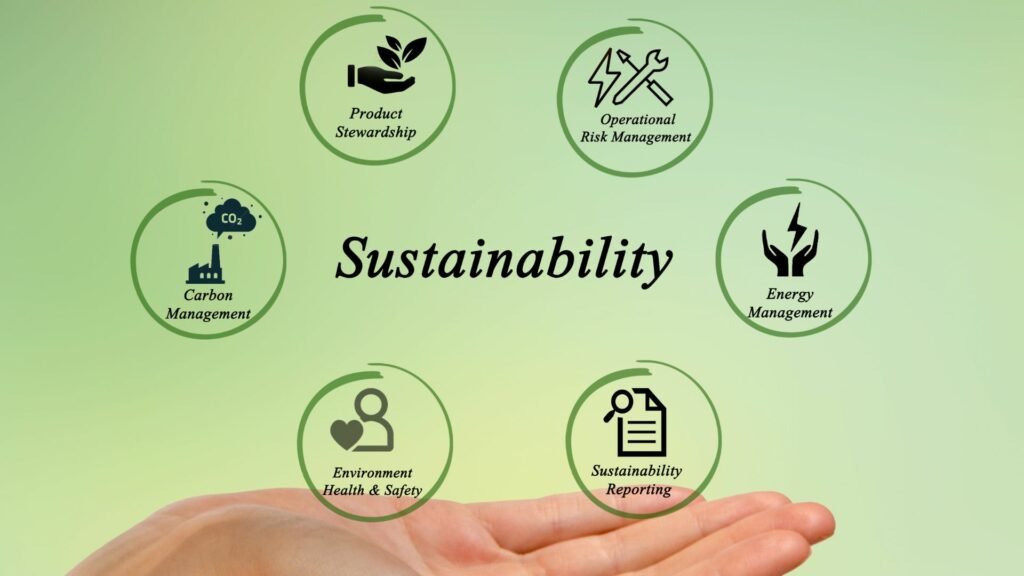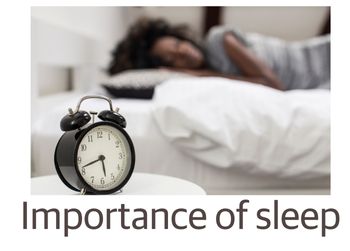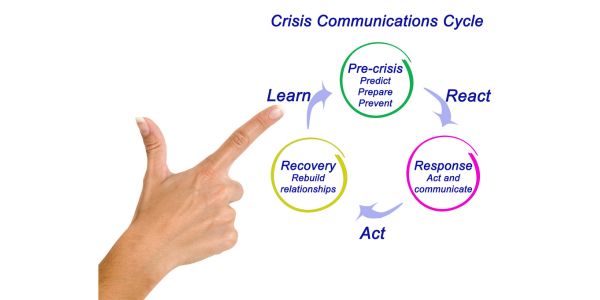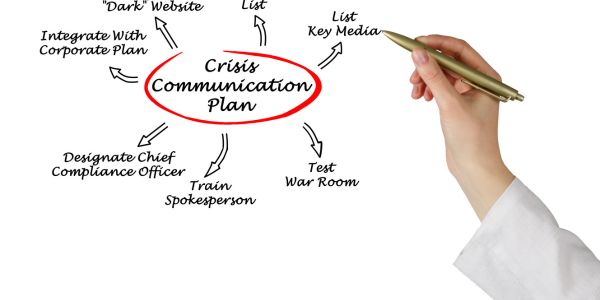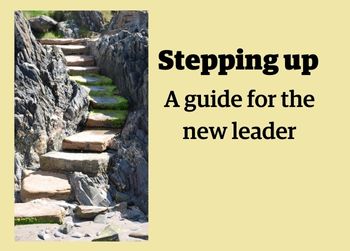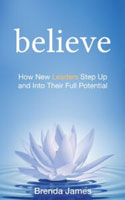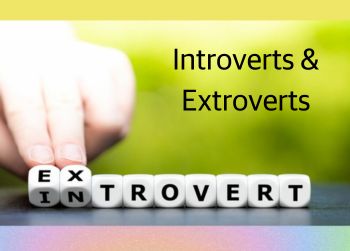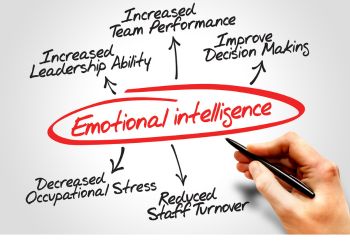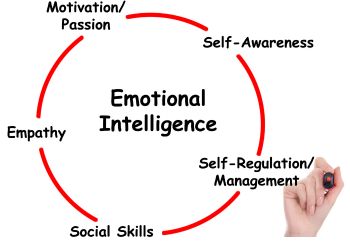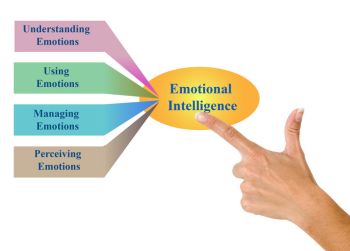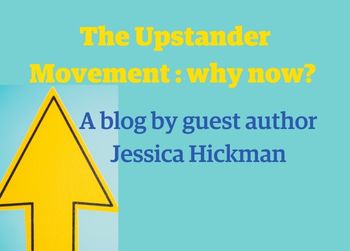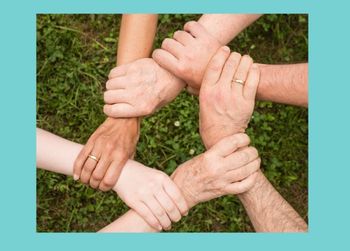The realisation that sunscreen chemicals and plastic bottles are contributing to ocean pollution hit Natalie Jones, founder of Seasick Sunscreen Co, some years ago when on a snorkelling trip in Hawaii.
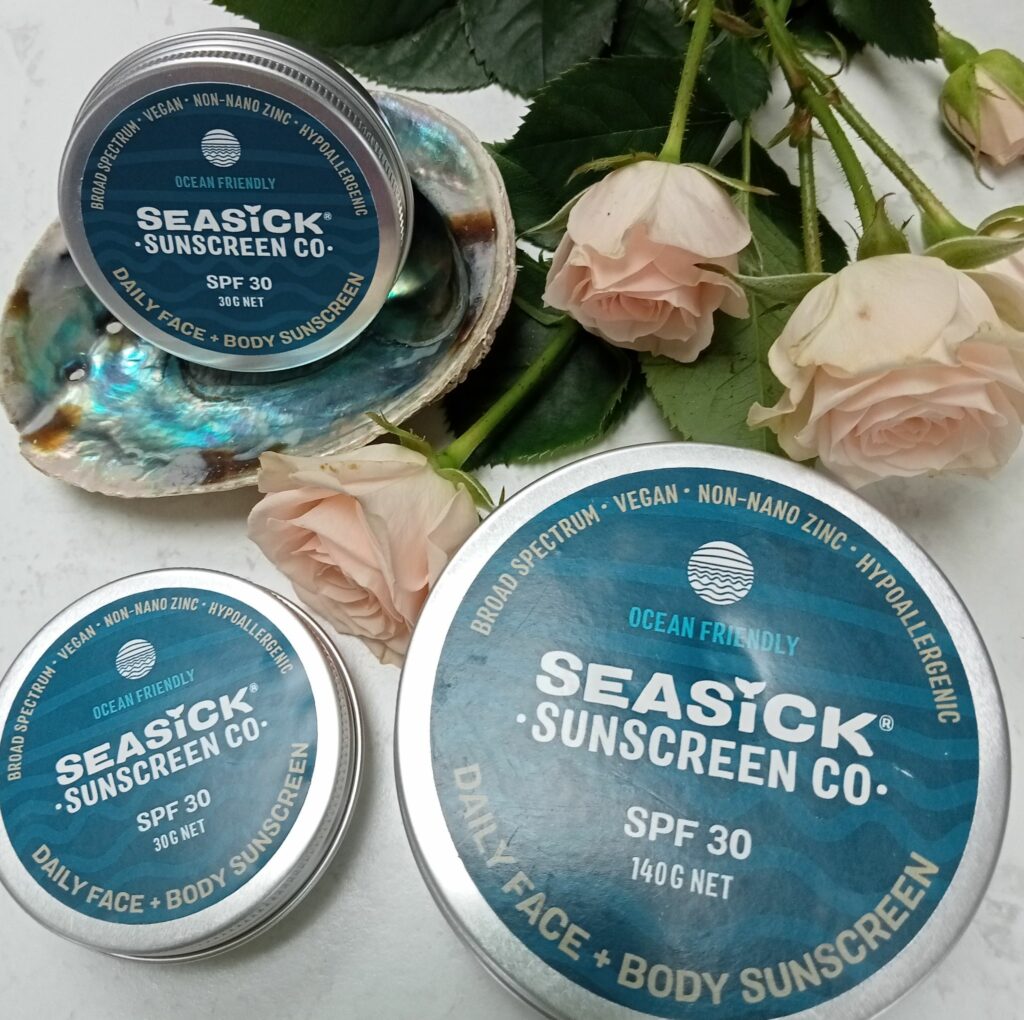
As a long time environmentalist/conservationist Natalie (Ngā Wairiki Ngāti Apa) was concerned to learn that the sunscreen she used on a daily basis could be damaging the coral reef and wildlife she was swimming with.
How then to have an effective sunscreen while limiting impact on the reef environment? For Natalie, the answer was to return home and begin researching how to make a better product.
The result is Seasick Sunscreen Co – a social enterprise on a mission to be Aotearoa’s most sustainable sunscreen brand. After much experimentation, trialling and tweaking Natalie created a sunscreen formula made with just seven naturally-derived ingredients including non-nano zinc oxide.
As well as containing no animal products, Seasick Sunscreen Co has been independently certified as providing broad spectrum SPF30 protection.
As a social enterprise, two percent of Seasick Sunscreen Co’s income is donated to ocean conservation projects such as Wellington’s Love Rimurimu Project, piloting the regeneration of kelp forests around Aotearoa’s takutai (coastline).
Like all beginning businesses Natalie has faced challenges and is candid about how the journey from idea, to start up, to self-supporting sustainable business has not always been smooth.
Seasick Sunscreen Co began as a sidegig whilst Natalie worked a full time job in conservation along with studying. She had to contend with learning the ins-and-outs of doing all the things a sole trader has to manage – product development, production, marketing, social media, sales and associated administration, as well as submitting product for the rigorous certification process.
Eventually Natalie reached a junction, needing to decide on growing the business or keeping it as a hobby business. She took the step of leaving her full time employment and was accepted into Kōkiri, the business accelerator programme for Māori entrepreneurs. With encouragement from the course participants and her mentors Natalie then took the step of upscaling her business and outsourcing production.
However the adrenaline buzz new businesses experience in the early days of setting up is, as Natalie found, not sustainable. For all businesses there comes a plateau point when an analytical eye needs to be cast over the future of the business. Natalie admits to reaching a crossroads after planned progress did not proceed as intended and resulted in a highly stressful situation. Natalie refers to this as her “long, dark night of the soul” and is something most, if not all, entrepreneurs can relate to!
The support received from the contacts she had made through Kōkiri, and the wider Wellington small business networks gave Natalie the perspective and strength to deal with the problems and continue growing her business.
“I defined what my success looks like and part of that is looking after my hauora and wellbeing. If I’m feeling healthy and balanced, for me, that’s what my success looks like”
Ahead of the UN World Oceans Day on the 8th June we sat down to have a kōrero with Natalie about the health of our oceans and looking after yourself as a sole trader business.
Want to know more about the importance of our marine environment and how you can take steps to care for it?
Check out some of these resources from Wellington City Libraries collections
Help for Kelp
This winter, baby giant kelp is being planted into Wellington Harbour / Te Whanganui-a-Tara, where great seaweed forests once thrived. North and South, June 2023 : P 16-17
Accessible through Libby Magazines
The Kelp
Where do young sea creatures spend their first weeks? What’s at the root of oceanic food chains? Kelp forests are to Aotearoa what coral reefs are to other marine ecosystems. Or they used to be.
NZ Geographic Issue 176 Jul-Aug 2022
For further reading on the impact of sunscreen on marine environments search in our range of
Science & technology/Pūtaiao me ngā hangarau databases.

In the Wellington City Libraries book collections you can find the following books on marine life and reefs and
Life on the rocks : building a future for coral reefs / Berwald, Juli
“Coral reefs are a microcosm of our planet: wondrously diverse, deeply interconnected, and critically imperilled. They sustain entire ecosystems and protect vulnerable coasts. But corals across the planet are in the middle of an unprecedented die-off, beset by warming oceans, pollution, human damage, and their own devastating pandemic. Even under stress, they are out-of-this world gorgeous, sending out warning flares in fluorescent bursts of yellow, pink, and indigo. Juli Berwald fell in love with coral reefs as a marine biology student, entranced by their beauty and complexity. While she was concerned by bleaching events and coral disease, she didn’t fully understand what a dead reef meant until she experienced one on a dive: barren, decaying, and coated in slime. Deeply alarmed, she travelled the world desperate to discover how to prevent their loss. Life on the Rocks is a meditative ode to the reefs and the undaunted scientists working to save them against almost impossible odds. Berwald explores what it means to keep fighting a battle that can’t be won, contemplating the inevitable grief of climate change and the beauty of small victories”– Provided by publisher.” (Catalogue)
Future sea : how to rescue and protect the world’s oceans / Wright, Deborah Rowan
“Rather than continue to focus on discrete, geographically bounded bodies of water, ocean advocate and marine-policy researcher Deborah Wright urges a Plan Sea, which reimagines the oceans as the continuous ecosystem it is, not disconnected buckets of salt and plankton. This book proposes that the global marine environment be protected under the precautionary principle. It argues that the policy framework for such protection already exists — it just needs to be enforced. In a series of case studies, with first-person vignettes woven throughout, Wright encourages us to begin every conversation about ocean policy with the assumption that any extractive or polluting activities in the world’s oceans should require special permission. Her argument invokes the Public Trust Doctrine already embedded in many constitutions, and hinges on the Law of the Sea, which was established by the U.N. in 1982 to protect the “high seas,” or the remote parts of the ocean considered international waters. To some, Wright’s plan may seem idealistic, but its audacity might also be seen as a welcome nudge to our collective imagination. Many scientists are convinced that ocean ecosystems are on the brink of collapse — there’s something to be said, then, for a book that’s radical enough to unlock new thinking about what might be possible, and maybe necessary, in terms of their protection”– Provided by publisher.” (Catalogue)
Blue new deal : why we need a new politics for the ocean / Armstrong, Chris
“The ocean sustains life on our planet, from absorbing carbon to regulating temperatures, and, as we exhaust the resources to be found on land, it is becoming central to the global market. But today we are facing two urgent challenges at sea: massive environmental destruction, and spiralling inequality in the ocean economy. Chris Armstrong reveals how existing governing institutions are failing to respond to the most pressing problems of our time, arguing that we must do better. Armstrong examines these crises–from the fate of people whose lands will be submerged by sea level rise, to the exploitation of people working in fishing, to the rights of marine animals–and makes the case for a powerful World Ocean Authority capable of tackling them. A Blue New Deal presents a radical manifesto for putting equality, democracy, and sustainability at the heart of ocean politics”–Publisher’s description.” (Catalogue)
Saving the reef / Lloyd, Rohan
“While in the past Australians wrestled with what the Reef is, today they are struggling to reconcile what it will be… To do this, we need to understand the Reef’s intertwining human story. The Great Barrier Reef has come to dominate Australian imaginations and global environmental politics. In Saving the Reef, environmental historian Rohan Lloyd charts the social history of Australia’s most prized yet vulnerable environment, from the relationship between First Nations peoples and colonial settlers, to the Reef’s most portentous moment – the Save the Reef campaign launched in the 1960s. Through this gripping historical narrative and interwoven contemporary essays, Lloyd reveals how the scale of damage caused to the Reef has forced twenty-first century Australia to reconsider what ‘saving’ the Reef really means.” (Catalogue)
Your life, your planet : what you can do right now / Ebbs, Geoff
“Your Life, Your Planet is the toolkit and the manual that you need to nurture yourself – and the environment that nurtures you. It is full of tips that will help you to reduce your environmental footprint and enjoy a healthier and more satisfying life. A century and more of incredible growth and consumerism has been and is dangerously damaging our environment and has taught us that we ultimately depend on each other and the natural systems that provide our air, water, food, shelter and clothing. Unless we take personal responsibility and look after ourselves, each other and the natural world in a balanced and harmonious manner, the situation has little chance of improving. In order to tackle issues such as carbon emissions, our fossil fuel dependency, plastic and other pollution, and species loss, we need to actively engage with the people and the world around us and address the habitual way we seek convenience and ease. In doing this this, we will not only reduce our environmental footprint, but we will take the first steps toward Cat Greens ideal of converting our homes from centres of rampant consumption to hubs of environmentally friendly production.” (Catalogue)
On the WCL movie streaming platforms Beamafilm and Kanopy (accessible with library registration and login) you will find the following documentaries of interest.
Blue
Duration: 1 h 16 min
Country: Australia
Rating: PG
Year of Release: 2017
Half of all marine life has been lost in the last 40 years. By 2050 there will be more plastic in the sea than fish. The way the ocean operates is different to how we thought of it 100 years ago. We can no longer think of it as a place of limitless resources, a dumping ground, immune to change or decline. BLUE takes us on a provocative journey into the ocean realm, witnessing a critical moment in time when the marine world is on a precipice. Featuring passionate advocates for ocean preservation, BLUE takes us into their world where the story of our changing ocean is unfolding. We meet those who are defending habitats, campaigning for smarter fishing, combating marine pollution and fighting for the protection of keystone species. This feature documentary comes at a time when we are making critical decisions that will decide the legacy we leave for generations to come. BLUE shows us there is a way forward and the time to act is now.
Revolution: The Fight to Save Our Oceans
Released 2015, Duration : 1hr 22min
In this multi-award-winning film, Rob Stewart embarks on a global journey to uncover the grave dangers threatening the world’s oceans — and ultimately, humanity — as well as to learn what it will take to reverse the challenges to life on earth.
From the coral reefs in Papua New Guinea to the rainforests of Madagascar, Stewart’s travels reveal that our fate is tied to even the smallest of creatures. Stunning scenes of underwater sea life bring viewers face to face with sharks and lemurs, into the microscopic world of the pygmy seahorse, and on the hunt with the deadly flamboyant cuttlefish.
The Urban Ocean: Human Impact on Marine Life
2018, Duration : 35min
Our high-tech use of the ocean for food, transportation, and energy has far-reaching effects, particularly on certain species. Focusing on issues from noise pollution to microplastics, we can mitigate our impact to provide better futures for ourselves as well as for marine life. The work begins with understanding the extent of our true impacts.
For a business owner, particularly a sole operator, workloads can be high and burnout a reality.
Check out the resources offered in the following blogs :
Stages of burnout, triggers and warning signs by guest author Jess Stuart and Burnout
Startup founders often sacrifice their personal life by working tirelessly in exchange for rewards they hope to reap down the road. Progress in business often comes at a steep cost. The currency with which an entrepreneur pays to grow his or her business is invaluable—sleep, time with loved ones, rest and relaxation, and, eventually, mental and physical health. In this article, we’ll explain some burnout mitigation strategies and highlight the benefits they can offer to entrepreneurs.
Dark nights of the soul : a guide to finding your way through life’s ordeals / Moore, Thomas
“Thomas Moore explores contemporary anxieties and securities to guide you through life’s ordeals” (Catalogue)
If you would like more information please contact the Prosearch team at the library. We can help you find information across a range of perspectives and resources. All enquiries are treated in confidence.


